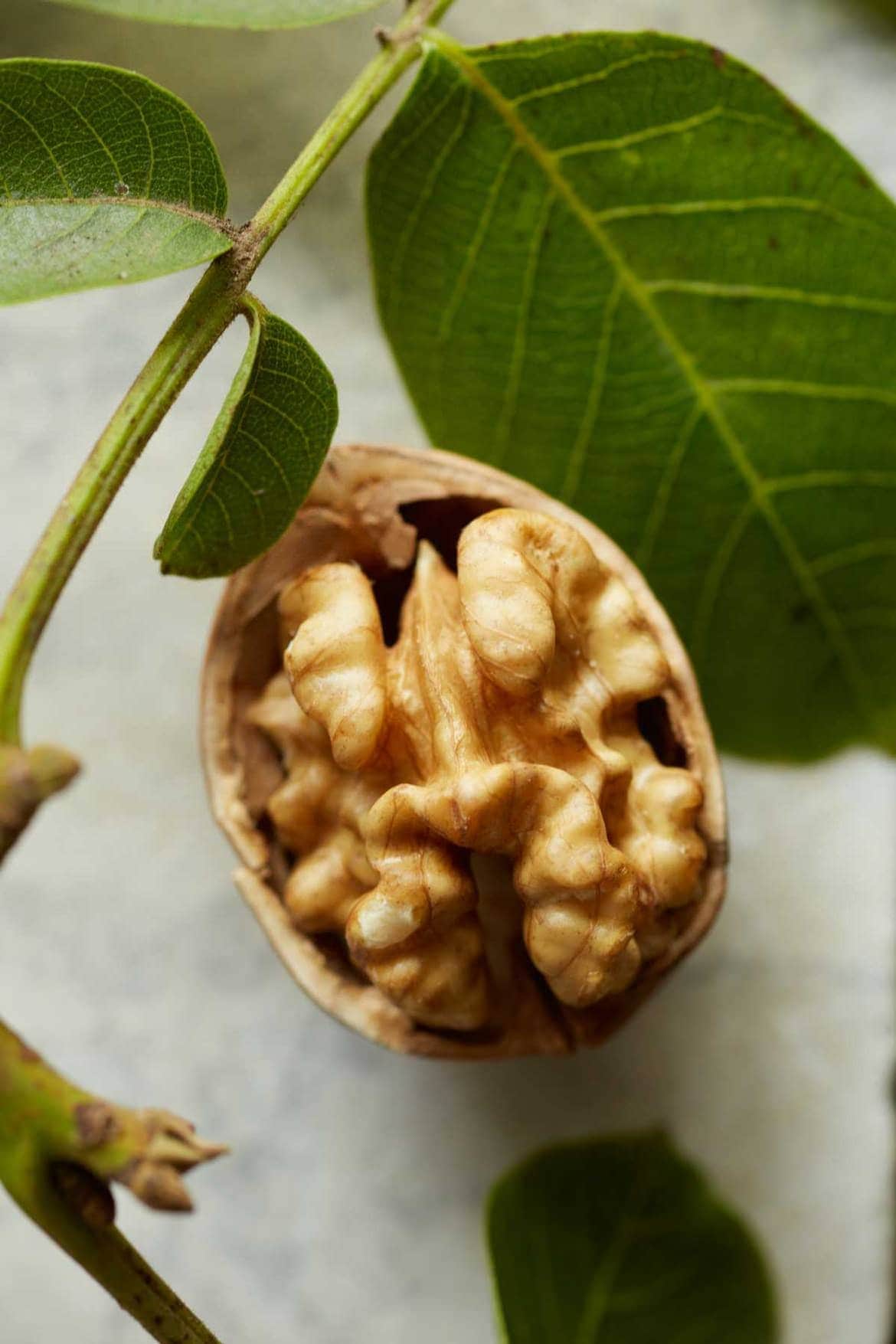The European Union (EU) recently revised the definition of the residues included under the limits for the pesticide fosetyl-al (Aliette).
While fosetyl-al is not approved for use on bearing walnuts, almonds, and pistachios, the expanded EU definition includes, under the Maximum Residue Limit (MRL), phosphite-containing products, such as potassium phosphite, manganese phosphite, etc. commonly used in the U.S. as foliar or soil banded fertilizers or pH stabilizers
In the U.S., these products are sold both as registered fungicides as well as foliar fertilizers. Because the U.S. EPA has exempted potassium phosphite fungicides from an MRL tolerance, and fertilizers are not required to have an MRL, no residue studies have been conducted to set a limit.
The default MRL in Europe is 2 ppm. Given the current usage of phosphite-containing foliar fertilizers by almond, walnut and pistachio growers, it is likely there will be residues exceeding this limit.
Working with the European trade and USDA’s Foreign Agricultural Service (FAS), U.S. tree nut grower groups expressed concern to EU officials about the trade impacts of their decision. The EU requested the European Food Safety Authority make a quick risk assessment for phosphite residues in tree nuts and other crops, resulting in a temporary MRL of 75 ppm. However, this is set to expire December 31, 2015.
EU officials have explained that the limited timeframe of the MRL was to cover the usage of phosphite-containing crop inputs during the 2014 growing season. But they expected growers to refrain from using phosphite-containing products in 2015, as the MRL would return to a default of 2 ppm for nuts from the 2015 harvest.
Work has begun with the IR-4 program to conduct residue trials for the upcoming growing season to establish appropriate MRLs in the EU. However, it will take several years to not only complete the research, but also for any import MRL to move through the EU regulatory system. Tree nut organizations are continuing to develop the rationale and justification for extending the temporary MRL beyond December 31, 2015. While these efforts are already underway at this time, we have no guarantee of an extension. CWC, in conjunction with almond and pistachio groups will continue to engage in discussions with the EU along with the U.S. government.

